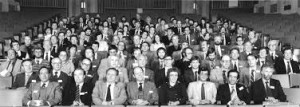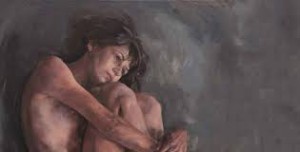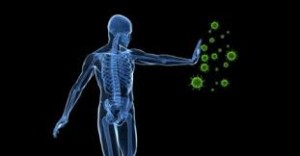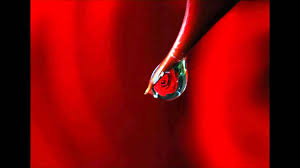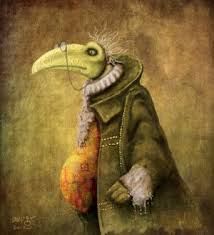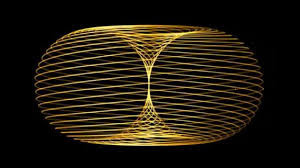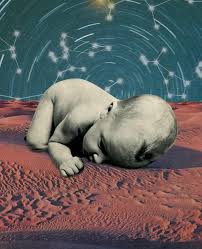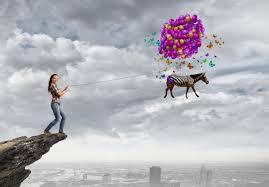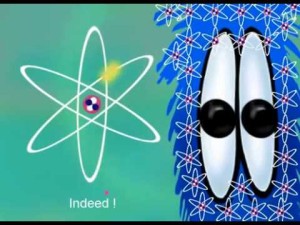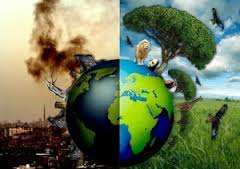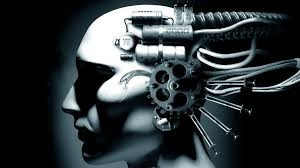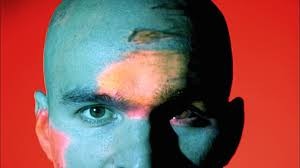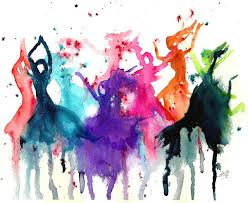Many, meaning to offer us relief through a product, instead actually promote the condition through suggestion, thereby generating a need for the product itself.
Headache remedies are a case in point here. Nowhere do any medically-oriented commercial or public service announcements mention the body’s natural defenses, its integrity, vitality, or strength. Nowhere is our television or radio matter is any emphasis put upon the healthy are not carried out.
More and more foods, drugs, and natural environmental conditions are being added to the list of disease-causing elements. Different reports place dairy products, red meats, coffee, tea, eggs, and fats on the list. Generations before us managed to subsist on many such foods, and they were in fat promoted as additive to health. Indeed, man and woman almost seems to be allergic to his or her own natural environments, a prey to the weather itself.
It is true that our food contains chemicals it did not in years past. Yet within reason man is biologically capable of assimilating such material, and using them to his or her advantage. When man feels powerless, however, and in a state of generalized fear, he can even turn the most natural earthly ingredients against himself or herself. Our television, and our arts and sciences as well, add up to mass mediations. In our culture, at least, the educated in the literary arts provide us with novels featuring anti-heroes, and often portray an individual existence [as being] without meaning, in which no action is sufficient to mitigate, the private puzzlement or anguish.
Many — not all — plotless novels or movies are the result of this belief in man and woman’s powerlessness. In that context no action is heroic, and man and woman is everywhere the victim of an alien universe. On the other hand our common, unlettered, violent television drama do indeed provide a service, for they imaginatively specify a generalized fear in a given situation, which is then resolved through drama. Individual action counts. The plots may be stereotyped or the acting horrendous, but in the most conventional terms the “good” man/woman wins. Such programs do indeed pick up the generalized fears of the nation, but they also present folk dramas — disdained by the intelligentsia — in which the common man or woman can portray heroic capabilities, act concisely toward a desired end, and triumph.
Those programs often portray our cultural world in exaggerated terms, and most resolution is indeed through violence. Yet our more educated beliefs lead us to an even more pessimistic picture, in which even the violent action of men and women who are driven to the extreme serves no purpose. The individual must feel that his/her actions count. He/she is driven to violent action only as a last resort — and illness often is the last resort.
Our television dramas, the cops-and-robbers shows, the spy productions, are simplistic, yet they relieve tension in a way that our public health announcements cannot do. The viewer can say: “Of course I feel panicky, unsafe, and frightened, because I live in such a violent world.” The generalized fear can find a reason [for its existence]. But the programs at least provide a resolution dramatically set, while the public health announcements continue to generate unease. Those mass meditations therefore reinforce negative conditions.
In the overall, then, violent shows provide a service, in that they usually promote the sense of a man’s or woman’s individual power over a given set of circumstances. At best the public service announcements introduce the doctor as we take our car to a garage, to have its parts serviced. Our body is seen as a vehicle out of control, that needs constant scrutiny.
The doctor is like a biological mechanic, who knows our body far better than us. Now these medical beliefs are intertwined with our economic and cultural structures, so we cannot lay the blame upon medical men or women or their profession alone. Our economic well-being is also a part of our personal reality. Many dedicated doctors use medical technology with spiritual understanding, and they are themselves the victims of beliefs they hold.
If we do not buy headache potions, our uncle or our neighbor may be out of business and not able to support his family, and therefore lack the means to buy our wares. We cannot disconnect one area of life from another. En masse, our private beliefs form our cultural reality. Our society is not a thing in itself apart from us, but the result of the individual beliefs of each person in it. There is no stratum of society that we do not in one way or another affect. Our religions stress sin. Our medical professions stresses disease. Our orderly sciences stress the chaotic and accidental theories of creation. Our psychologies stress men and women as victims of their backgrounds. Our most advanced thinkers emphasize man’s and woman’s rape of the planet, or focus upon the future disaster that will overtake the world, or see men and women once again as victims of the stars. Many of our resurrected occult schools speak of a recommended death of desire, the annihilation of the ego, for the transmutation of physical elements to finer levels. In all such cases the clear spiritual and biological integrity of the individual suffers, and the precious immediacy of our moments is largely lost.
Earth life is seen as murky, a dim translation of greater existence, rather than portrayed as the unique, creative, living experience that is should be. The body becomes disoriented, sabotaged. The clear lines of communication between spirit and body become cluttered. Individually and en masses, diseases and conditions result that are meant to lead us into other realizations.





